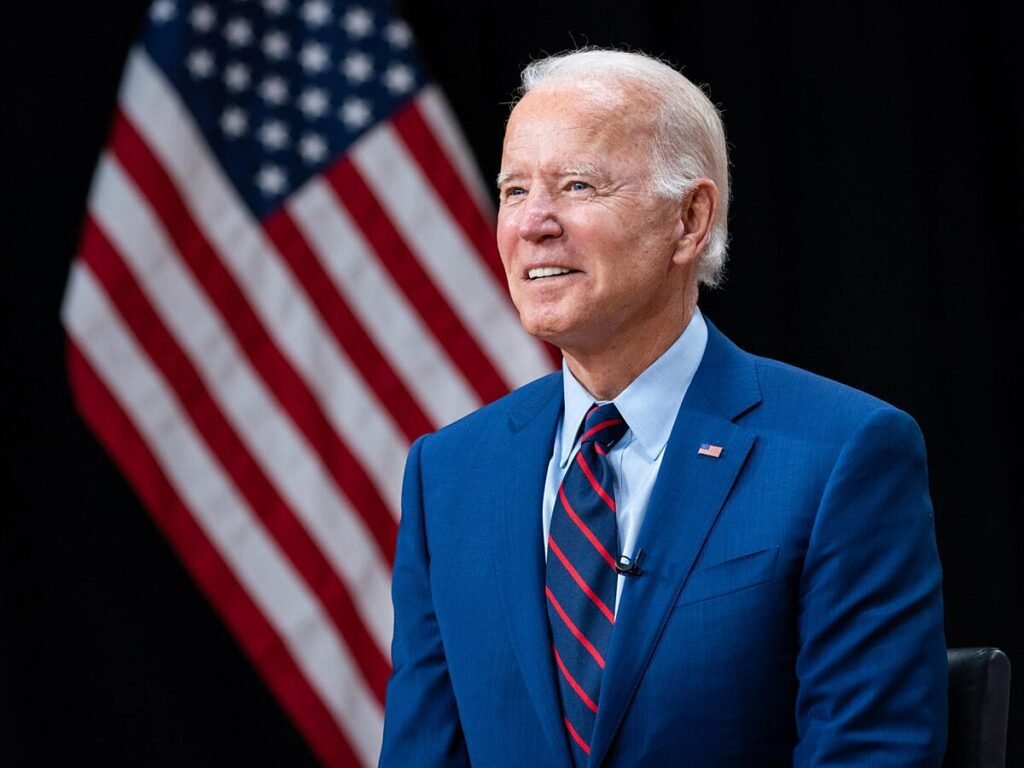The presidential debate on June 27 has proved to be the key moment that overshadowed Biden’s campaign and questioned his leadership qualities with criticism from within his own party. Occasionally, Biden came up against the 81-year-old presidential candidate from the Republican side, Trump, and revealed multiple moments when the later seemed to get lost or confused, often looking tired.
Biden’s Debate Performance Raises Concerns
Speaking during the debate Biden created quite a lot of issues. Several times he stammered while trying to make his points and his body language indicated tiredness and/or confusion. Such moments were not left without attention of the public and media; starting with it, many of the latter noted the alleged decline of the president’s brain maturity. However, the commentators labeled Trump’s performance as being even more coherent and energetic despite its share of controversies.

Immediate Fallout and Media Reactions
There was hardly any time in which the media focused on the debate proper with Biden’s handling of it garnering most of the attention right after the debate. It did not take the political pundits and observers to point out the blurred mistakes that the president should have avoided and wondered whether the man is capable of leading the nation afresh to another term of presidency. The insiders’ response varied and ranged from some supporting Biden in light of the debate performance to others who were worried by what they saw.
Poll Results: Voter Confidence in Biden Drops
From the debate and the information I managed to gather through research it is evident that opinion of the public has changed significantly. In a poll by Ipsos taken shortly after the first presidential debate, voter trust as to Biden mental health came down from 28 percent to 20 percent. The same progressive trends have been manifested in the decayed confidence of the voter and the apparent changes of taste. A study conducted by the Brookings Institution reveal that the Trump led over Biden by an average of 3. Five points after the debate which he had led before the debate by one point. 5 points. This shift means that presidential debates have an important role of influencing the voter’s perception.
Internal Party Pressure from Democratic Representatives
This debate has already sparked a series of demands for the change of the Democratic candidate within the party. Five members of the United States House of Representatives have publicly called on Biden to exit the race, these are Seth Moulton from Massachusetts, Lloyd Doggett from Texas, Raul Grijalva from Arizona, Mike Quigley from Illinois, and Angie Craig from Minnesota. Also, Another physical meeting held by the House Minority Leader Hakeem Jeffries (New York) had another group of Democrats addressing how they will continue to ‘torture’ Biden into resigning. This internal dissent shows that Democrats are beginning to worry about Biden’s chances of winning the upcoming election.
Donor Influence and Financial Pressure
Major funding supporters for a campaign are also driving a key endeavor to force Biden out of the race as well. Some significant donors, for example, Bill Harris, former PayPal CEO, who has voiced his concerns; and Bill is going as far as leading a $2 million campaign to fund the debates among the potential candidates from the Democratic party. Now Hollywood producer Damon Lindelof has demanded so-called DEMbargo, that is, people like him should stop donating money to the man until the latter resigns. These actions also highlight the exerted pressure on not only Biden but also the Democratic Party as a whole in terms of money.
Possible Scenarios if Biden Resigns
The probability of Biden to resign barely a year to the election, is virtually unheard of. While staying in office, he would remain a certain factor within the Democratic party, but if he were to resign before the Democratic Nation’s convention taking place in August, the Dems will have to find a new candidate. Most commonly, one could probably attempt to invoke the 25th Amendment of the Constitution, according to which the vice president along with a majority of the members of the cabinet may declare the president unable to perform his duties. Such a scenario would most probably result in a heated and complicated political struggle.
Conclusion
The June 27 debate has undeniably intensified doubts about President Biden’s leadership. With voter confidence waning, internal party pressure mounting, and financial backers calling for his resignation, Biden faces a tumultuous path ahead. The implications for the upcoming presidential election are profound, and the Democratic Party must navigate these challenges carefully to present a united front against the Republican candidate. The future of Biden’s campaign, and indeed his presidency, hangs in the balance as the nation watches closely.








